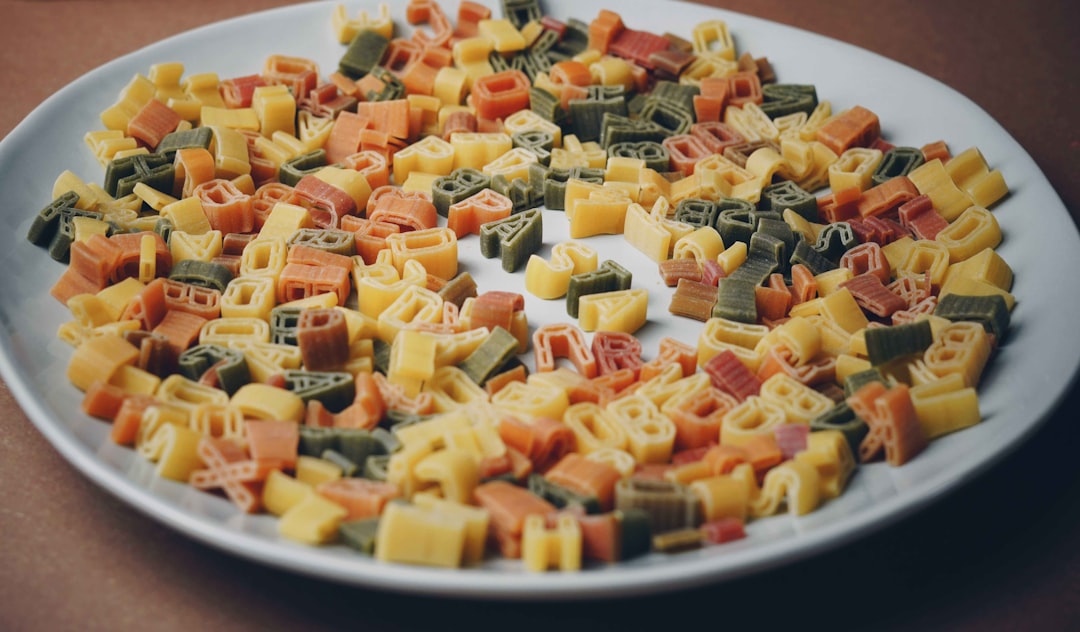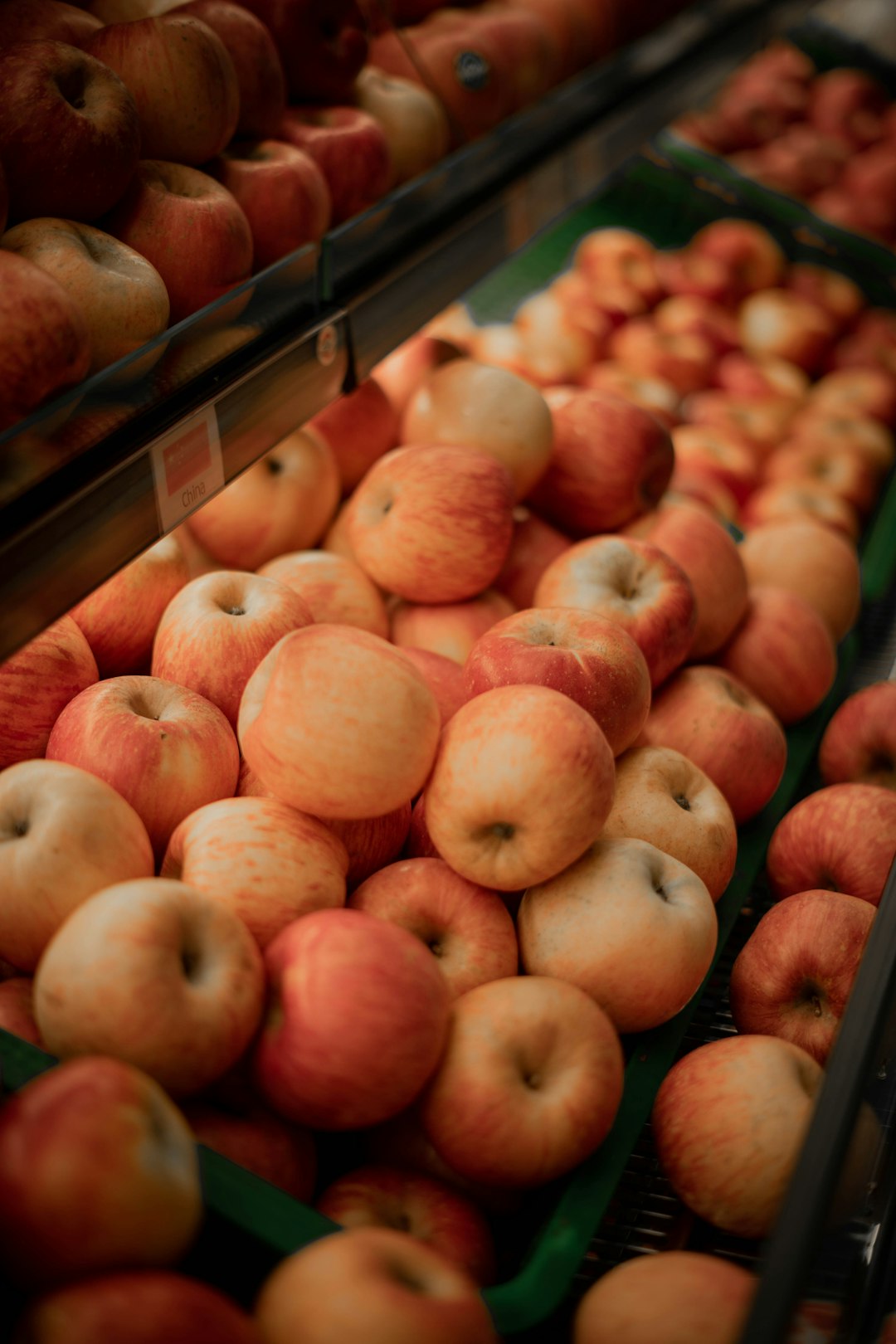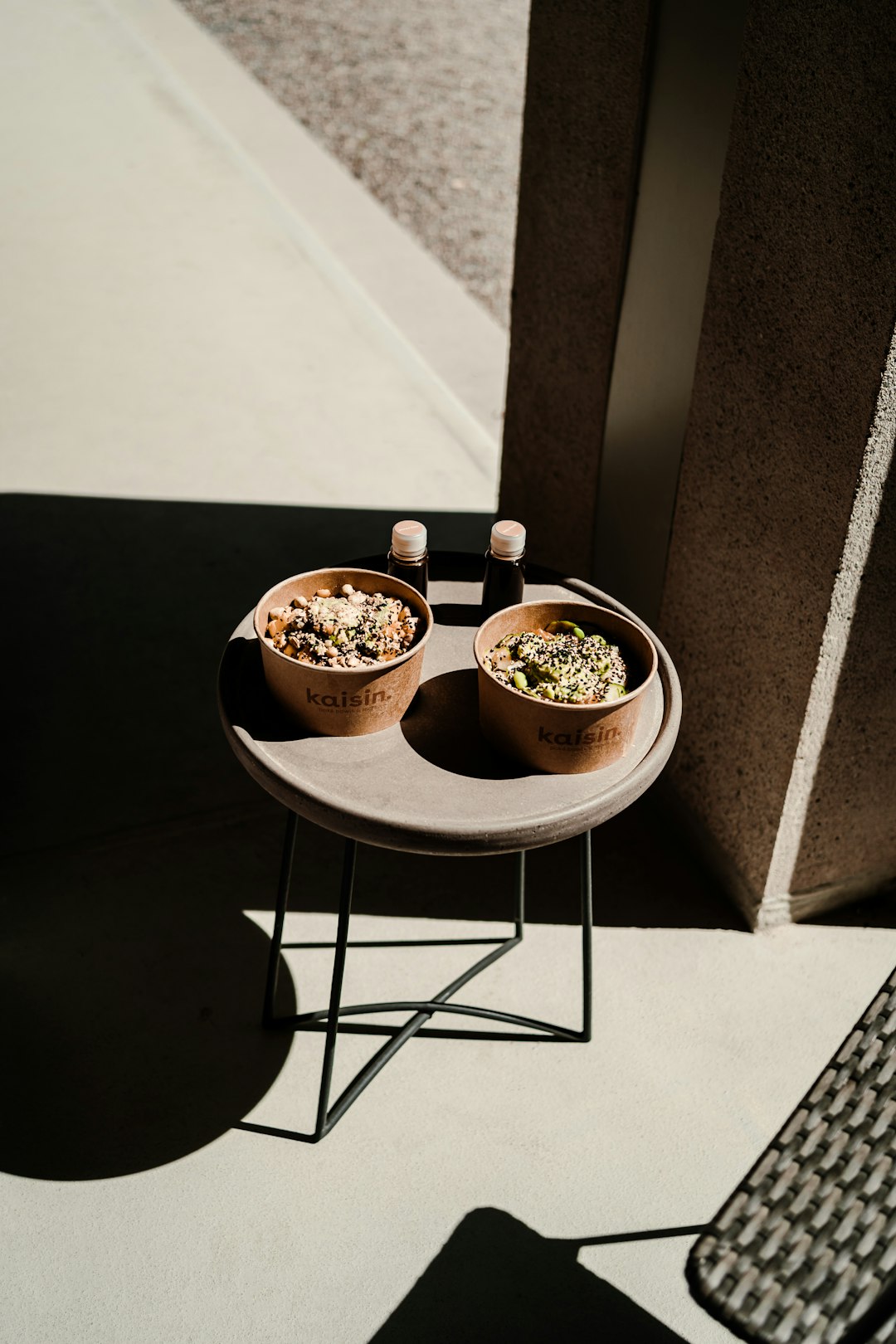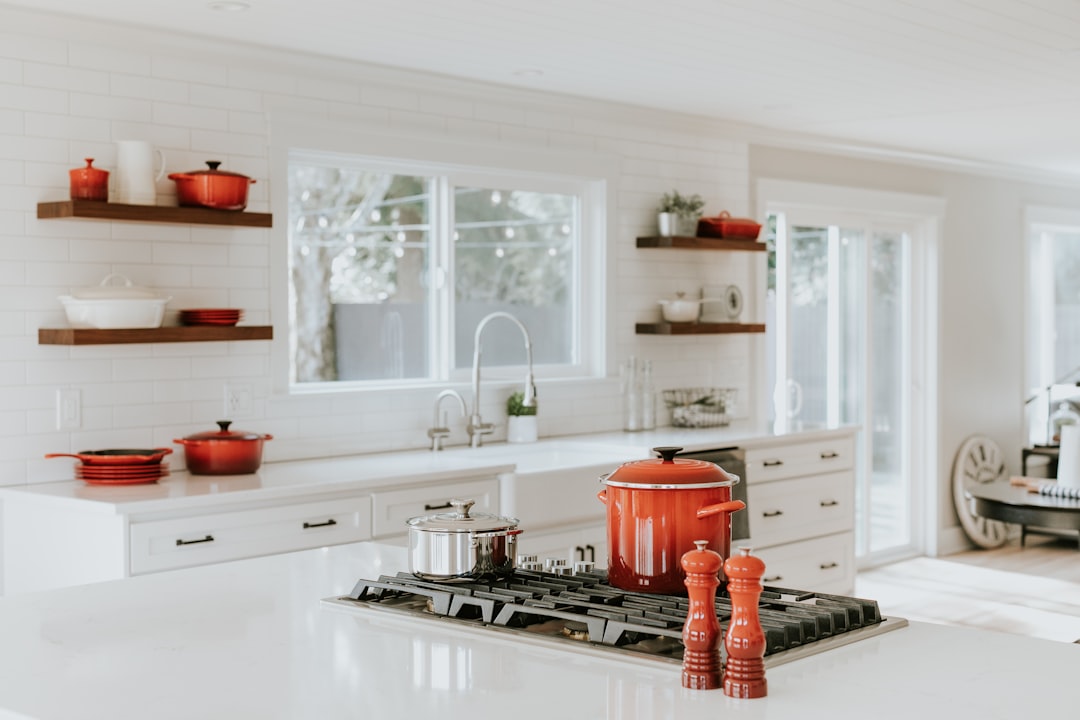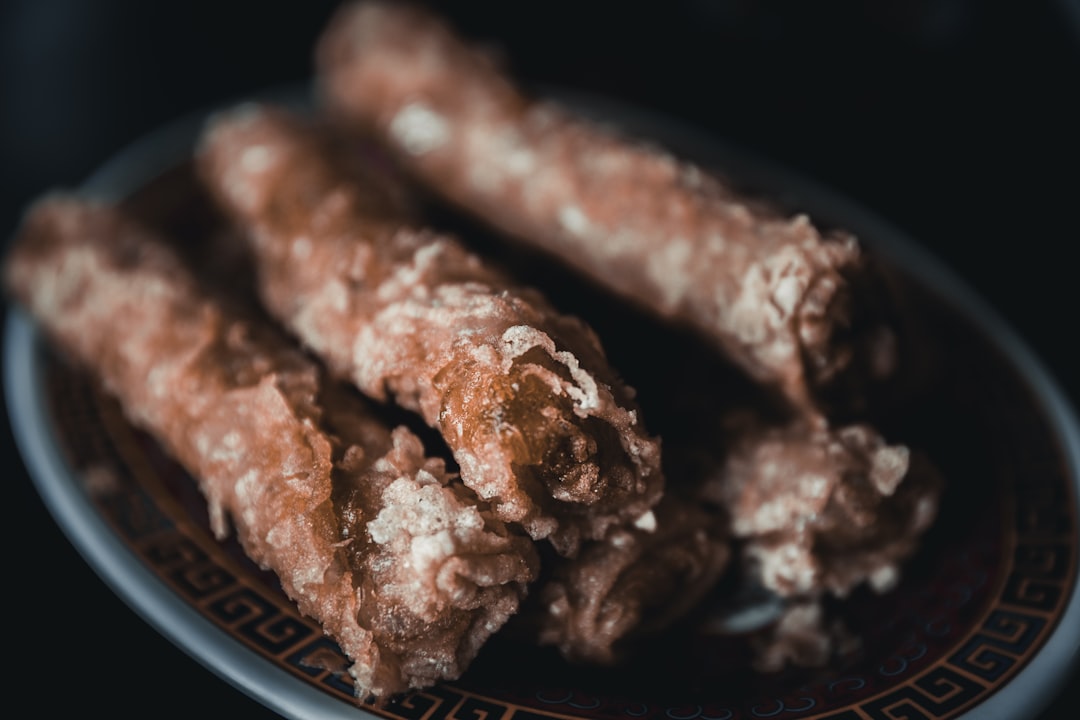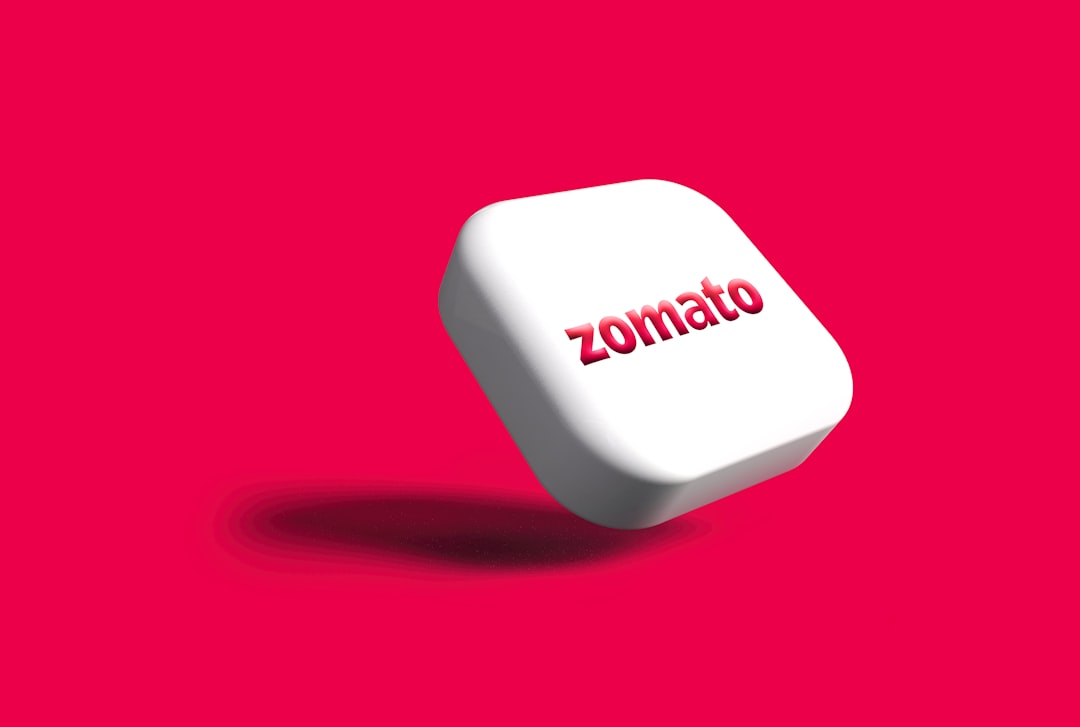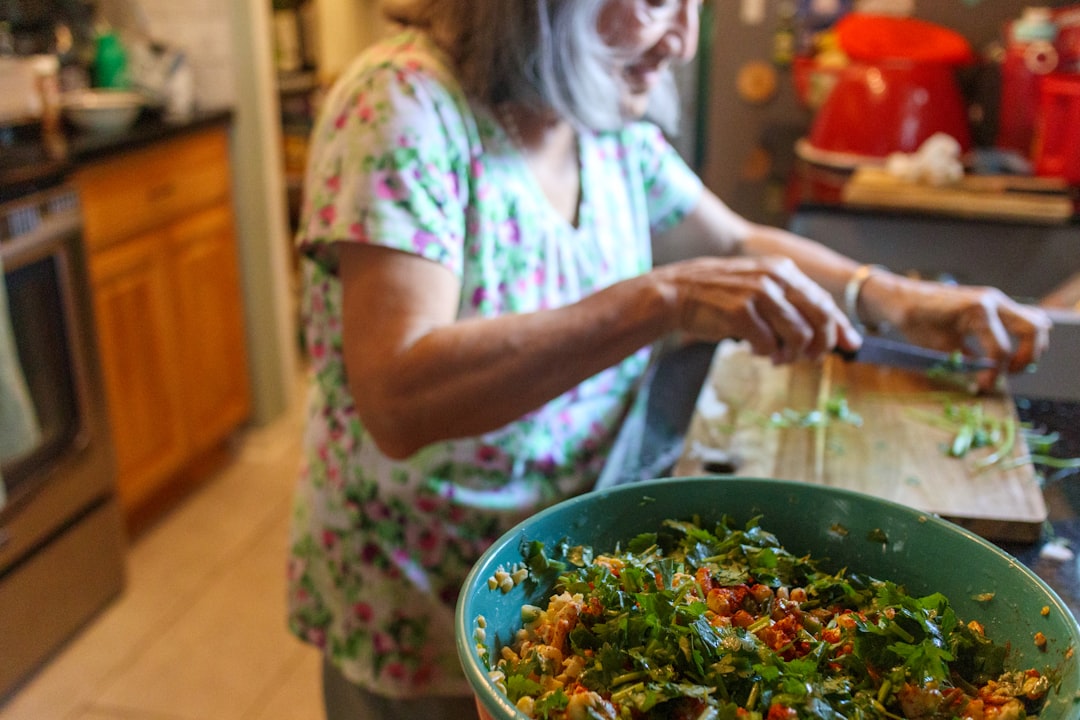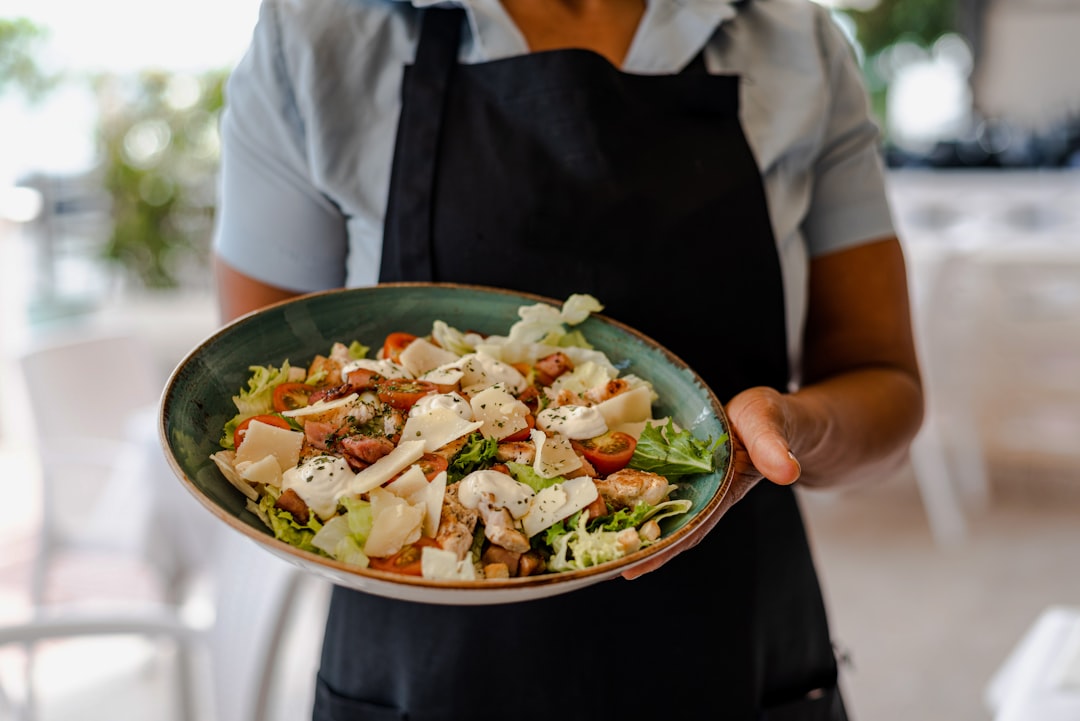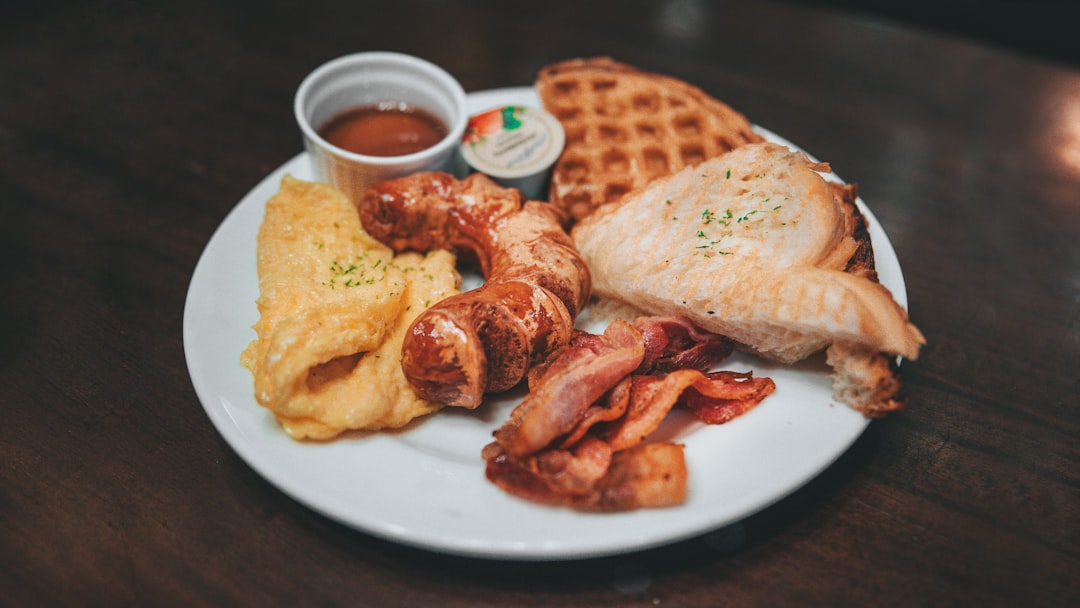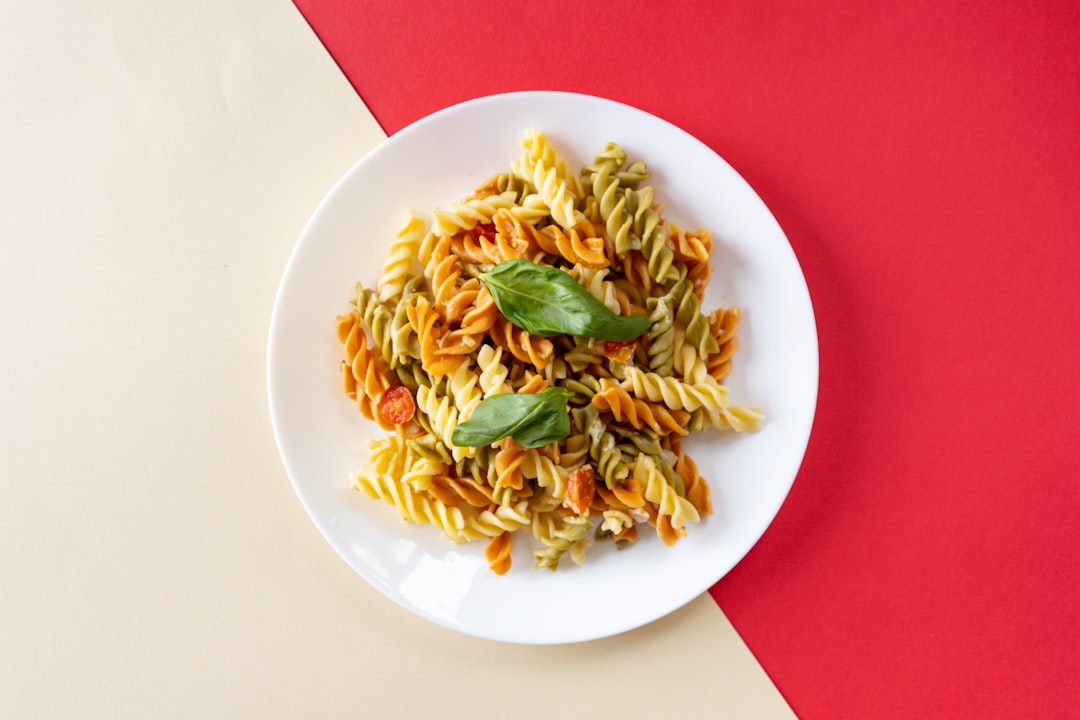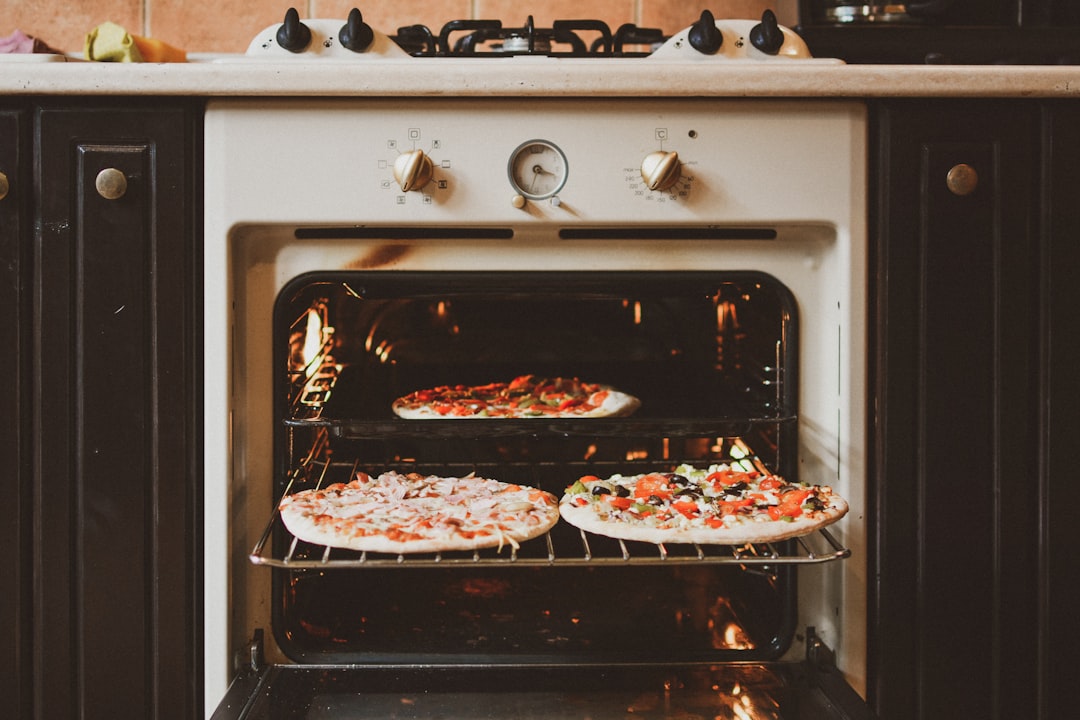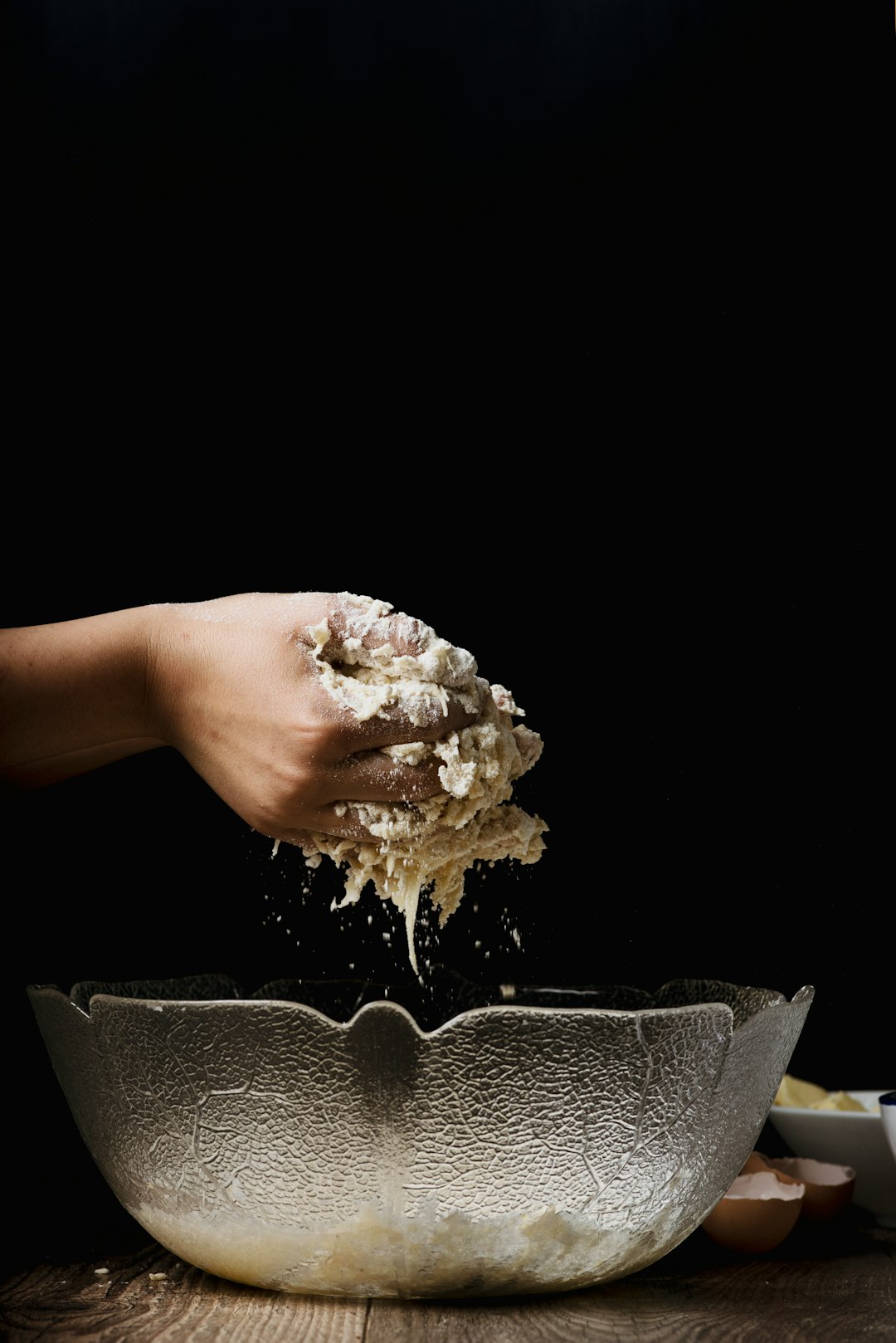
When it comes to shopping, specialty stores have long held a certain allure. They offer unique, high - quality products that you might not find in your average supermarket or big - box retailer. From artisanal cheeses to hand - crafted chocolates, these stores are a haven for those seeking something special. However, while they are great for specialty products, there are some good reasons to be cautious when it comes to buying pricey staples from these establishments.
Let's start by understanding what we mean by staples. Staples are the everyday items that we rely on for our basic needs. This includes things like bread, milk, eggs, and toilet paper. In specialty stores, these staples often come with a hefty price tag. The reason behind this is multi - fold. Firstly, specialty stores typically have higher operating costs. They often rent prime locations in trendy neighborhoods, and their interior design is usually more upscale, all of which adds to the overall cost of doing business. These costs are then passed on to the consumers in the form of higher prices.
Take bread, for example. In a specialty bakery, a loaf of artisanal bread can cost upwards of or even more. This is significantly higher than the - you would pay for a similar - sized loaf at a regular grocery store. While the specialty bread might be made with higher - quality ingredients and more traditional baking methods, is it really worth the extra cost for an item that you consume on a daily basis? For most people, the answer is no.
Another factor to consider is the marketing strategy of specialty stores. They often position their products as being of superior quality, and in many cases, they are. But when it comes to staples, the difference in quality might not be as significant as the price difference. For instance, a carton of eggs from a specialty store might be labeled as coming from free - range, organic chickens. While this is a great option for those who are willing to pay a premium for ethical and sustainable food, for the average consumer, a regular carton of eggs from the grocery store will serve the same purpose just fine.
Moreover, specialty stores usually have a limited selection of staples. Unlike large grocery chains that can offer a wide variety of brands and sizes, specialty stores tend to focus on a few high - end options. This lack of choice can be a drawback, especially if you are on a budget or have specific dietary requirements. For example, if you are looking for a low - fat milk option, you might find that the specialty store only carries full - fat, organic milk at a high price, while the grocery store has a range of low - fat and skim milk options at more affordable prices.
It's also important to think about the long - term financial implications of buying pricey staples from specialty stores. Over time, the extra money you spend on these items can really add up. If you are spending an extra on bread, on milk, and on eggs every week, that's an additional per month. In a year, that's almost 0 that could be better spent on other things, such as saving for a vacation or paying off debt.
However, this doesn't mean that you should completely avoid specialty stores. They are still a great place to go for unique and high - end products that you can't find elsewhere. For special occasions or when you want to treat yourself, it's perfectly fine to splurge on a fancy cheese or a box of luxury chocolates. But when it comes to your everyday staples, it's wise to do your shopping at more budget - friendly locations.
In conclusion, while specialty stores have their place in the retail landscape, they are not the best option for purchasing pricey staples. By being aware of the higher costs, limited selection, and long - term financial impact, you can make more informed shopping decisions and ensure that your money is being spent wisely.













